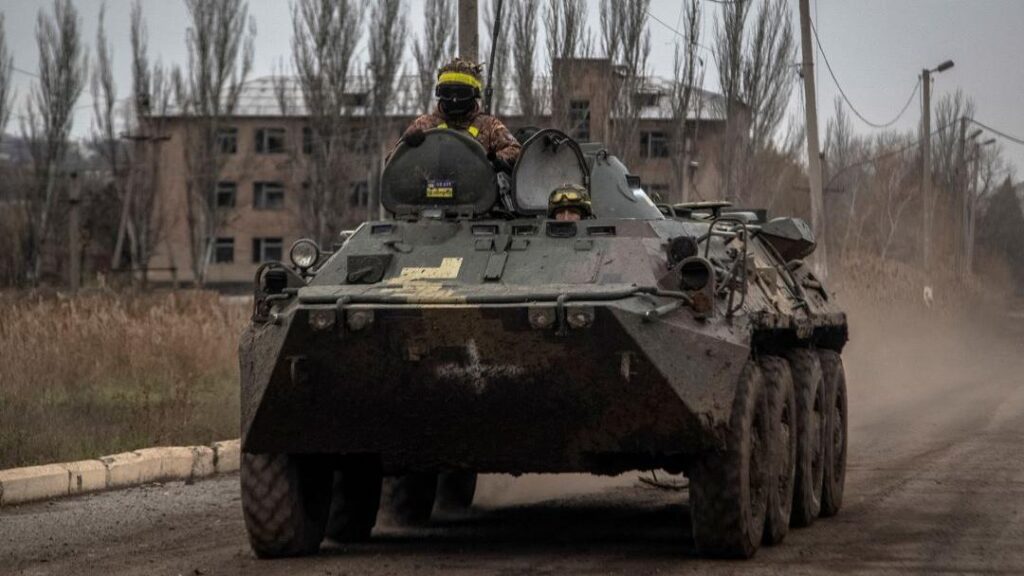Military simulations have traditionally been used for training soldiers in combat scenarios, but they also have applications in diplomacy and international conflict resolution. These simulations offer participants the opportunity to analyze and navigate complex military and strategic situations, assuming various roles such as military commanders or political leaders. As technology has advanced, military simulations have become more immersive and realistic through computer-based platforms and even virtual reality. In diplomacy, military simulations are used for conflict resolution scenarios, building mutual trust between nations, and as an educational and analytical tool for diplomats and policymakers. However, there are limitations and challenges, such as the inability to fully replicate real-world complexities and the need for political will and cooperation. Ethical concerns also arise, as simulations must be conducted with sensitivity towards the gravity of armed conflicts. Despite these challenges, military simulations can contribute to fostering diplomacy, building trust, and resolving conflicts on a global scale when used alongside other diplomatic measures.
Beyond the Battlefield: How Military Simulations Are Used for Diplomacy and International Conflict Resolution
Introduction
Military simulations have long been used as an essential tool for training soldiers and preparing them for the realities of the battlefield. However, these simulations have a broader application beyond just training and combat scenarios. In recent years, military simulations have gained popularity as a valuable tool for diplomacy and international conflict resolution. This article explores the role and significance of military simulations in promoting diplomacy and resolving conflicts on a global scale.
Understanding Military Simulations
Before delving into their diplomatic applications, it is crucial to understand what military simulations entail. Military simulations, also known as war games, refer to exercises or scenarios that depict military operations, strategies, and tactics. These simulations involve participants assuming various roles, such as military commanders, political leaders, or even civilian populations and allow them to analyze and navigate complex military and strategic situations.
The Evolution of Military Simulations
Military simulations have evolved significantly over the years. Traditionally, they were conducted through tabletop exercises and map-based simulations, where participants would study and analyze hypothetical situations. However, with technological advancements, military simulations have moved onto computer-based platforms, offering a more immersive and realistic experience. Today, simulations can even incorporate virtual reality and augmented reality, providing participants with a more authentic environment to train and make decisions.
Applications in Diplomacy
As military simulations have become more advanced, their applications in diplomacy and international conflict resolution have expanded. Here are some ways military simulations are used in diplomatic settings:
Conflict Resolution Scenarios
One significant application of military simulations in diplomacy is through conflict resolution scenarios. Diplomatic corps and international organizations organize simulations where representatives from conflicting parties assume various roles and engage in simulated negotiations. These simulations help participants understand the complexities of the conflict, identify possible solutions, and simulate the outcomes of different diplomatic approaches. By engaging in these simulations, diplomats can test various strategies and assess their potential success or failure.
Building Mutual Trust
Military simulations can also play a crucial role in building mutual trust between nations and their armed forces. International military exercises and joint simulated operations create opportunities for military personnel from different countries to collaborate and work together towards a common goal. Through these simulations, military professionals can build relationships, understand each other’s capabilities, and establish channels for effective communication. This trust-building process can contribute to better diplomatic relations between nations involved.
Educational and Analytical Tool
Military simulations offer an invaluable educational and analytical tool for diplomats and policymakers. By participating in these simulations, diplomats can gain a deeper understanding of military strategies, potential scenarios, and the consequences of their decisions. This knowledge can inform their diplomatic approach and enable more effective decision-making in real-world situations. Furthermore, military simulations allow policymakers to evaluate the feasibility and implications of potential diplomatic initiatives in a controlled environment, reducing risks and uncertainties.
Limitations and Challenges
While military simulations offer several benefits in diplomacy and conflict resolution, they also come with certain limitations and challenges:
Simulated Vs. Reality
Military simulations, no matter how advanced, can never fully replicate the complexity and unpredictability of real-world conflicts. The artificial nature of simulations can limit their effectiveness as a tool for diplomacy, as real-world considerations, cultural sensitivities, and political nuances may not be adequately replicated in the scenario. It is important to supplement military simulations with other diplomatic measures to ensure a comprehensive and nuanced approach to conflict resolution.
Political Will and Cooperation
The success of military simulations in diplomacy is heavily reliant on the political will and cooperation between participating parties. If nations or conflicting parties do not approach the simulations with an open mind or genuine willingness to engage in the process, the effectiveness of the exercises can be diminished. Furthermore, coordinating the participation of various nations and ensuring their commitment to the simulation can be a logistical challenge, requiring significant diplomatic efforts.
Ethical Concerns
There are also ethical concerns associated with military simulations. While simulations aim to provide a controlled and safe environment to explore conflict scenarios, they can inadvertently glamorize or trivialize the realities of war, leading to desensitization or a lack of empathy towards the human cost of armed conflicts. It is essential to adopt ethical guidelines and ensure the simulations are conducted with sensitivity, recognizing the gravity and consequences of real-world conflicts.
Conclusion
Military simulations have evolved from mere training tools to valuable instruments for diplomacy and conflict resolution. By providing a controlled environment for diplomats, military personnel, and policymakers to explore conflict scenarios and potential diplomatic approaches, military simulations offer unique insights and opportunities for decision-making. While they come with limitations and challenges, when used in tandem with other diplomatic measures, military simulations can significantly contribute to fostering diplomacy, building trust, and resolving conflicts on a global scale.
